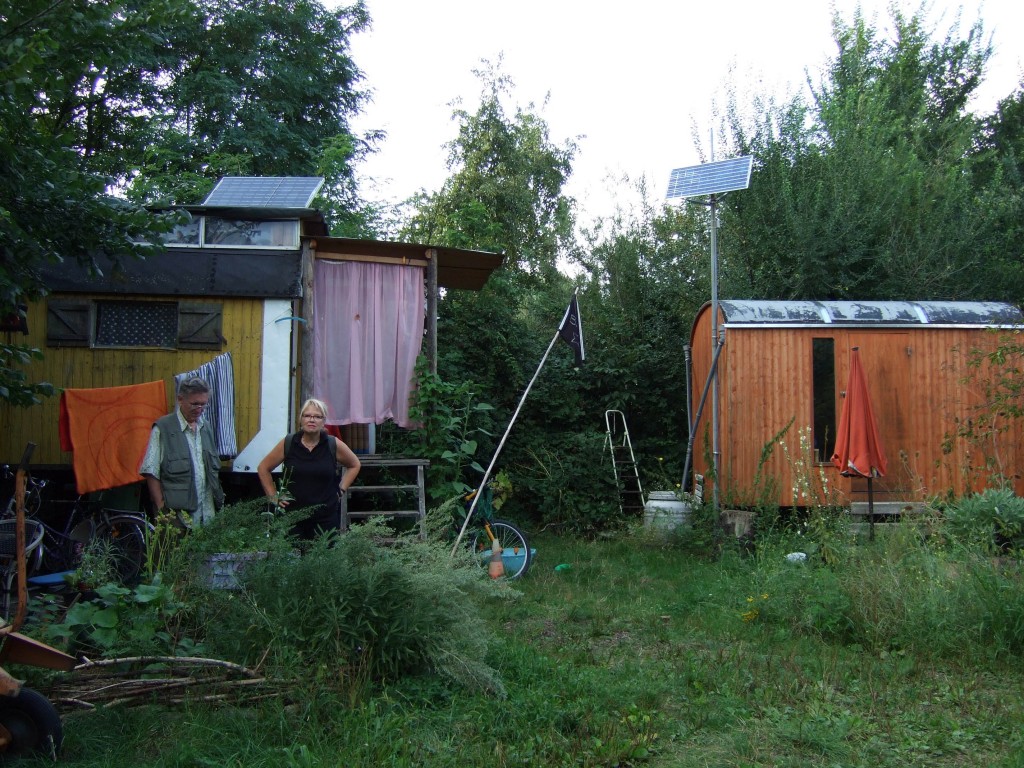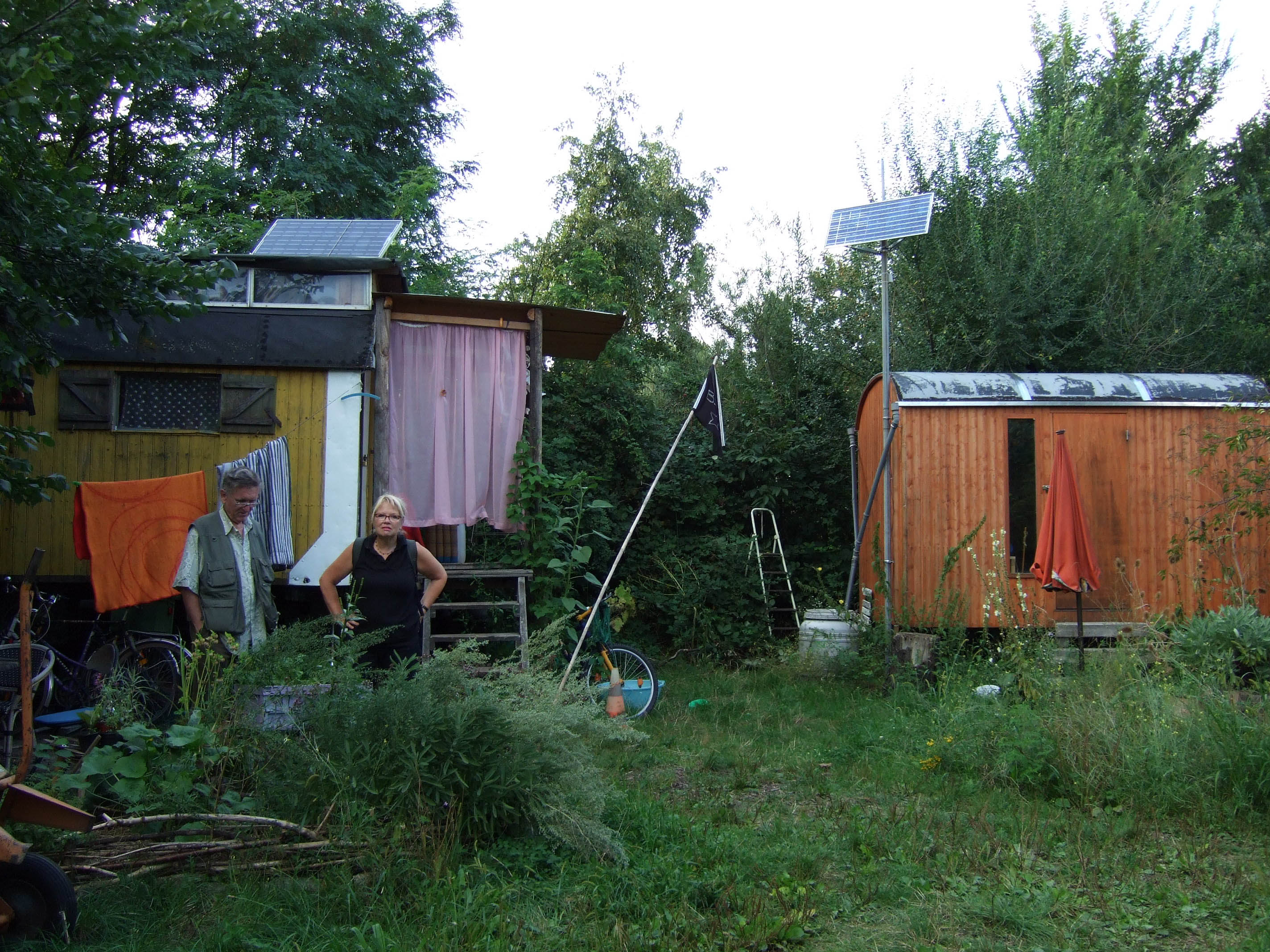 The idea of commoning is on the rise, or rather, is having a resurgence. Talk of the commons appears in unexpected places, from the radical to the less so. From a marginal idea a few years ago it has drifted, with the help of digital technology, into a position where parties and campaigners refer to it and many people will know what it means. But even in radical writing it is often the idea or the technical aspects of commoning that take centre stage. What about the experience of commoning? What does it feel like to be a commoner? It seems worth talking about this, for in the end social systems are neither ideas nor even structures to the people who live in them: they are experience.
The idea of commoning is on the rise, or rather, is having a resurgence. Talk of the commons appears in unexpected places, from the radical to the less so. From a marginal idea a few years ago it has drifted, with the help of digital technology, into a position where parties and campaigners refer to it and many people will know what it means. But even in radical writing it is often the idea or the technical aspects of commoning that take centre stage. What about the experience of commoning? What does it feel like to be a commoner? It seems worth talking about this, for in the end social systems are neither ideas nor even structures to the people who live in them: they are experience.
There are many types of commoning and so there are different experiences of it. We can talk of digital commons, where abundance reigns supreme, or of limited resource commons, we can talk of commons with only a few dozen participants and commons with millions, we can talk of commons we establish and fight for deliberately, or commons that we find ourselves caught up in. So when we talk of experiencing the commons, we cannot talk of one experience, yet if there are features that tie all commons together, perhaps there are also experiences that are shared – common experiences of commons, if you will. [Read more]
